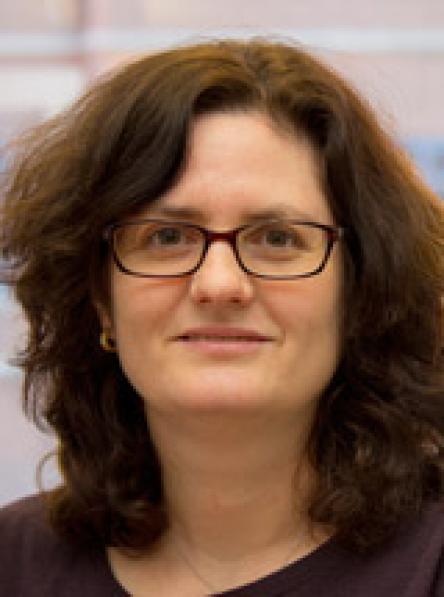
Katherine L. Nathanson, MD
Dr. Nathanson’s research group works on multiple projects around hereditary breast and ovarian cancer, specifically in relationship to BRCA1/2. First, her group has an on-going interest in identifying novel variants and genes associated with hereditary breast cancer. More specifically, they are investigating non-coding region variants in BRCA1/2 (e.g. 5’ and 3’ UTR) to determine if they are associated with breast cancer, doing studies around identifying whether variants depending upon their type and location in BRCA1/2 have different risks of breast cancer, and participating in large scale consortium focused on identification of novel variant and gene discovery for breast cancer. For these studies, they leverage the large biobank at Penn for hereditary breast and ovarian cancer, as well as the Penn Medicine Biobank. With these studies, we also can characterize whether common variants are associated with differential risk in BRCA1/2 mutation carriers. Second, her group has been working on characterizing the somatic and immune landscape of BRCA1/2 tumors for some time, and has put together a large sample set with whole exome sequencing, RNAseq and high throughput immunofluorescence (Fusion-Phenocycler), all matched with clinical data, in part through a collaboration with CIMBA. This large sample set is being leveraged for numerous analyses, with a priority on doing combination of multi-ome and immune characterization of the tumor samples; genotyping data also is available on many of these samples, with an interest in linking inherited variation to somatic genetics. Third, her research group is working collaboratively on a large pre-cancer atlas for BRCA1/2 mutation carriers, using single cell sequencing, high depth targeted sequencing and high throughput immunofluorescence among other technologies, in collaboration with several other groups. Fourth, they are interested in understanding the immune function in patients carrying in BRCA1/2 mutation carriers, working with the immunology investigators at Penn. Dr. Nathanson’s research group is very collaborative, working with multiple investigators nationally and internationally on research efforts focused on the germline and somatic genetics of hereditary breast and ovarian cancer.